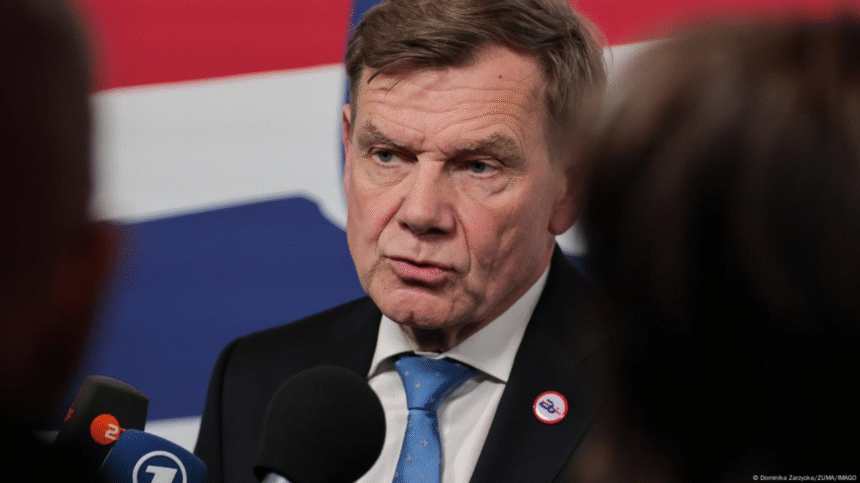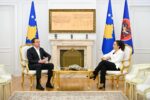The EU accession process for Montenegro, Serbia, Albania, North Macedonia, Bosnia and Herzegovina, and Kosovo is not making significant progress. German Foreign Minister Johann Wadephul wants to push forward the EU enlargement process with these countries.
He believes that Croatia has a key role to play in this direction. “Now we must give new momentum to enlargement for Ukraine, Moldova, and the Western Balkan states,” said the CDU politician during a meeting with his counterpart Gordan Grlic Radman in Zagreb, the Croatian capital. “I hope Croatia will play an active and decisive role as a supporter,” he added.
Wadephul: EU Membership Always a Geopolitical Issue
Among the Western Balkan countries, Montenegro is considered the most advanced in the EU accession process, but no date has yet been set for its membership. The EU has conducted accession negotiations with Montenegro and Serbia since 2012 and 2014. Negotiations with Albania and North Macedonia began in 2022. Bosnia and Herzegovina has candidate status but has not yet started negotiations. Kosovo is considered a potential candidate for membership.
EU membership is not just a technical process but also a geopolitical matter, Wadephul stressed.
“We must not leave our neighbors to autocrats who seek to exert influence through disinformation and corruption or drag us into new dependencies,” he warned, without directly naming countries like Russia and China. Alongside enlargement, Wadephul emphasized that the EU must also reform internally to be able to address geopolitical challenges as a capable and democratically consolidated Union.
A Bridge for the Western Balkans
Croatia is indispensable for the enlargement process, Wadephul said. “You know the difficulties of the accession process from your own experience. This makes you a bridge between the Western Balkans.” He added that Croatia has a “crucial role for Europe to continue growing—not only in membership but also in strength, cohesion, and influence.” Croatia was the last country to join the EU in mid-2013 and is also a NATO member.
Croatian Foreign Minister Radman stated that his country is actively engaged in the EU negotiation process with the Western Balkan states. “We do not want to see the influence of third parties on these countries,” he emphasized. The Western Balkans, he added, should not remain in a “geostrategic vacuum.” Radman concluded: “The Western Balkans are part of Europe; they belong geopolitically and geostrategically to the EU.” /DW/







